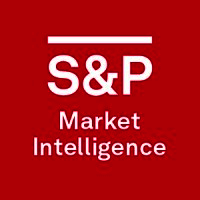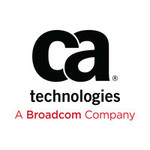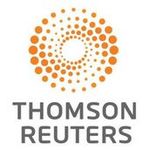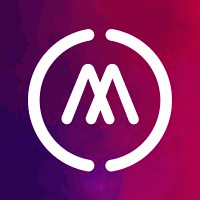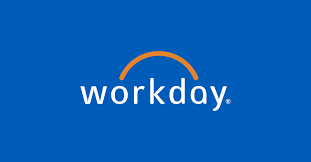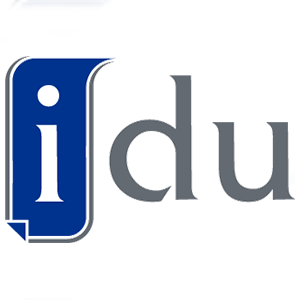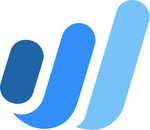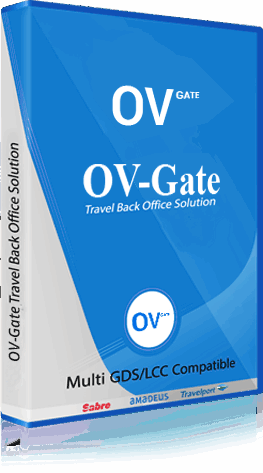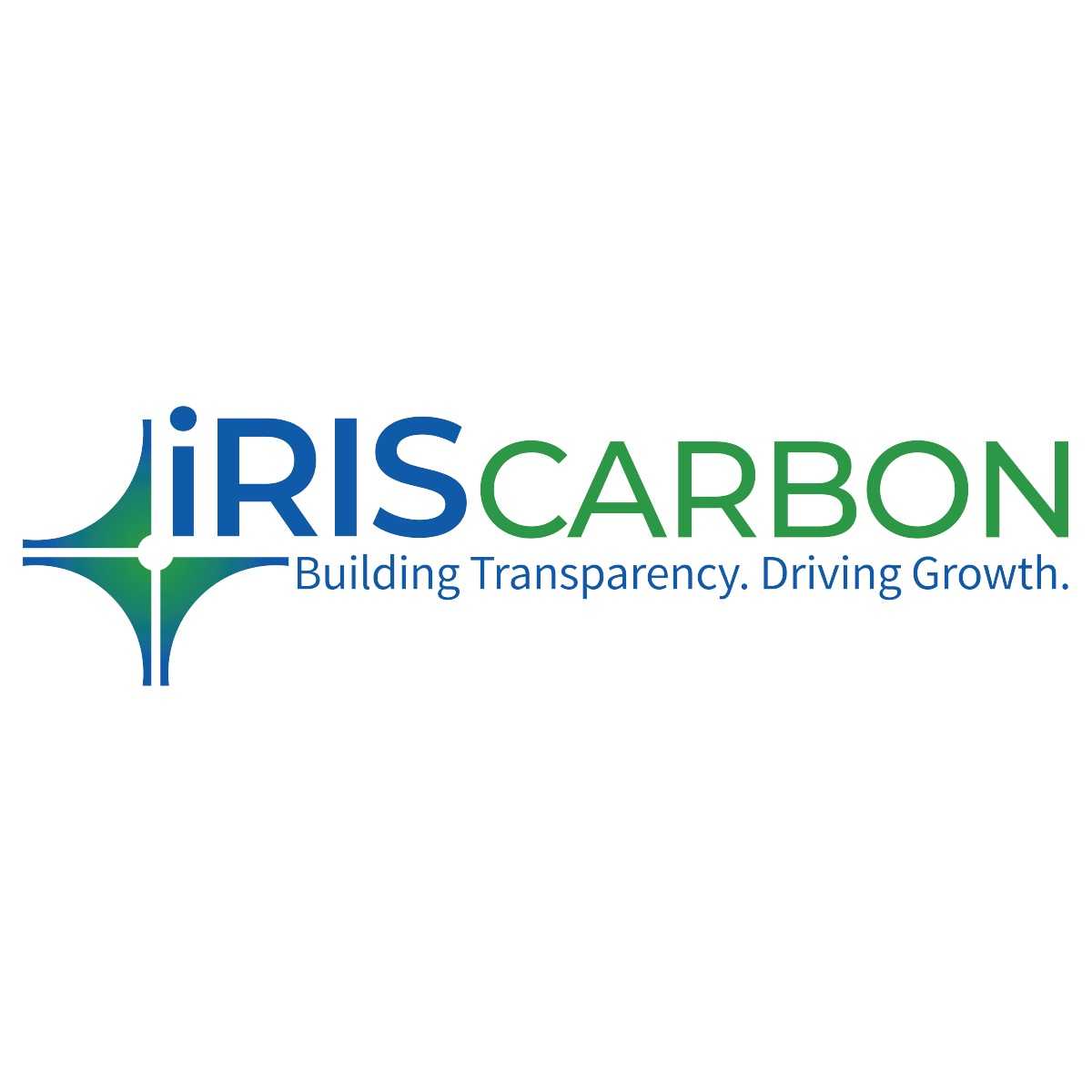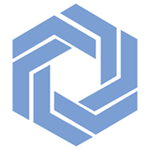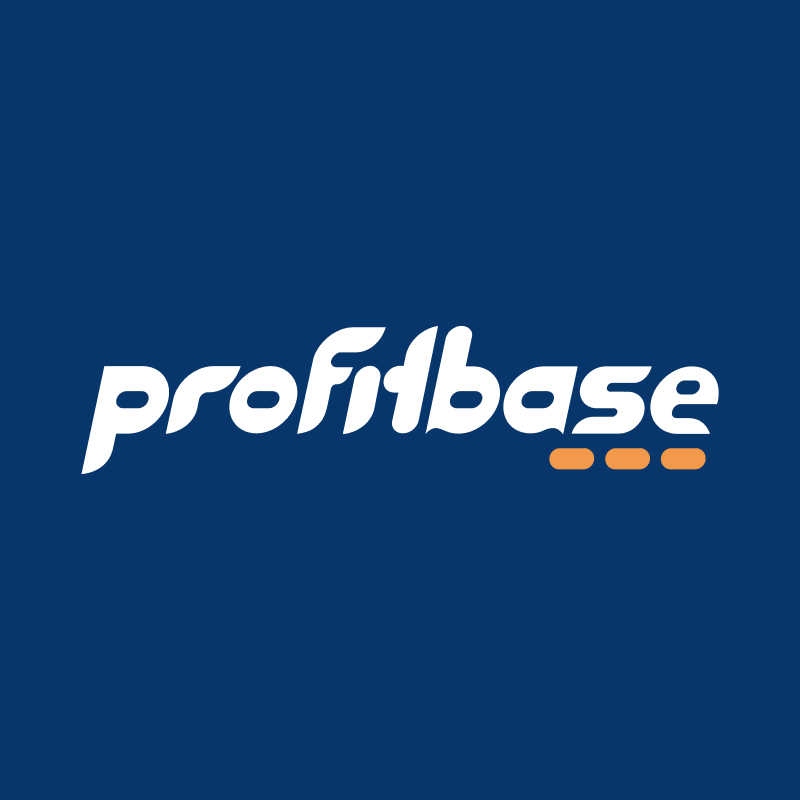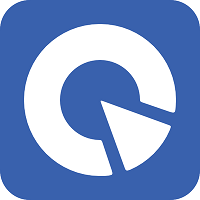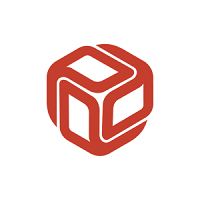What Is Financial Reporting Software?
Financial reporting software is a sort of computer program that helps businesses manage and analyze their financial data. It automates the process of preparing, storing, and disseminating financial reports, making it faster, more accurate, and less susceptible to human mistake. At its core, financial reporting software serves as a primary hub for all financial information, integrating data from a variety of sources including accounting systems, spreadsheets, and databases.
This enables real-time viewing and tracking of financial data, giving decision-makers crucial insights for making sound business decisions. One of the most important characteristics of financial reporting software is the ability to generate basic financial reports, such as income statements, balance sheets, and cash flow statements, with a few clicks. These reports are often customisable and can be modified to the organization's specific requirements.
In addition to traditional financial reports, financial reporting software includes sophisticated reporting features such data visualization tools and dashboards. These tools enable users to construct interactive graphs, charts, and other visual representations of financial data, making it easier to discover trends, patterns, and anomalies. Furthermore, financial reporting software simplifies the financial reporting process by automating repetitive processes and removing manual data entry.
This not only saves time, but also decreases the possibility of errors and assures uniformity in reporting. Financial reporting software is an important tool for firms that must comply with complex regulations. It promotes conformity with accounting rules and regulations such as GAAP and IFRS, as well as providing audit trails for openness and accountability.
When shopping for financial reporting software, buyers should look for a user-friendly interface, interfaces with other systems, and strong security features like data encryption and access management. They should also look at the software's reporting features, customization choices, and customer support.
What Are The Recent Trends In Financial Reporting Software?
Financial reporting software is an essential tool for companies and organizations of all kinds. It simplifies the process of recording and evaluating financial data, resulting in more accurate and efficient reporting. Financial reporting software, like all other technologies, is continually growing and adapting to industry innovations and trends. As a prospective buyer, it is critical to stay current on these developments in order to make an informed selection when selecting the best financial reporting software for your company.
Buyers of financial reporting software should be aware of the following current trends:
1. Cloud-Based Solutions: With the rise of cloud computing, there is an increasing preference for cloud-based financial reporting software. This enables remote access and real-time data changes, while eliminating the need for costly and time-consuming on-site installations. Cloud-based solutions also provide scalability, as the software may be quickly upgraded or reduced to meet the demands of the organization.
2. Integration With Other Systems: Financial reporting software is no more a stand-alone tool, but rather an integral component of a broader system. Many software solutions now provide seamless connection with other corporate systems, including accounting, payroll, and budgeting. This enables a more thorough and streamlined approach to financial reporting.
3. Increased Usage Of Analytics And Data Visualization: As firms generate more financial data, the importance of good data analysis and visualization grows. Many financial reporting software packages now include advanced analytics and data visualization features, making it easier to spot trends, patterns, and abnormalities in financial data.
4. Mobile Accessibility: With the growing trend of remote work and a mobile workforce, financial reporting software is becoming more mobile-friendly, including smartphones and tablets. This provides increased flexibility and convenience, as well as access to real-time financial data while on the road.
5. Automation And Artificial Intelligence (AI): Automation and AI are key trends in all aspects of business, including financial reporting. Many software systems now include automated procedures for data entry, report generation, and financial analysis, saving firms time and resources.
6. Data Security And Compliance: As data breaches and cyber attacks become increasingly common, financial reporting software is focusing on improving data security and compliance. Buyers are increasingly interested in solutions that have built-in security features like encryption and access controls.
Benefits Of Using Financial Reporting Software
Financial reporting software is a useful tool that may help individuals and organizations alike. Whether you own a small business or a huge corporation, being able to generate accurate and comprehensive financial reports is critical for making educated decisions and keeping track of your finances. In this buyer's guide, we'll look at the main advantages of utilizing financial reporting software to help you decide if it's the best fit for your needs.
1. Increased Accuracy And Efficiency: One of the most major advantages of adopting financial reporting software is that it may increase the accuracy and efficiency of your financial reporting and analysis. Unlike manual methods, where human mistake is unavoidable, financial reporting software relies on powerful algorithms and data automation to ensure that your reports are error-free. This not only saves time, but also lowers the likelihood of costly errors.
2. Customizable Reports: Financial reporting software includes a variety of customizable reporting choices, allowing you to personalize your reports to your specific requirements. You may select from a variety of themes and formats, add or remove sections, and even customize your branding. This level of customization allows you to present your financial information in a clear and structured fashion, making it easier to understand and evaluate.
3. Real-Time Data: In today's fast-paced corporate environment, access to real-time data is essential. Financial reporting software interfaces with your financial systems, allowing you to access current information at any time and from any location. This real-time data allows you to make informed decisions immediately, as opposed to depending on outdated information.
4. Improved Data Analysis: Financial reporting software not only generates reports, but it also performs smart data analysis. Charts, graphs, and trend analysis are some of the tools and features that can help you obtain a better knowledge of your finances. This allows you to identify areas for improvement, make strategic decisions, and prepare for the future of your company.
5. Cost Reductions: While adopting financial reporting software requires an initial investment, the long-term cost reductions far outweigh it. Software allows you to automate repetitive procedures, decrease human error, and improve your financial reporting processes, saving you time and money in the long run.
Important Factors To Consider While Purchasing Financial Reporting Software?
When it comes to choosing financial reporting software, buyers must examine many essential elements in order to make an informed purchase. Financial reporting is an important feature of any organization, therefore it is critical to select a software solution that suits your specific goals and expectations.
Here are the essential elements you should consider while selecting financial reporting software:
1. User-Friendly Interface: Before anything else, think about the software's user interface. It should be simple and easy for all team members to navigate and use. A convoluted or confusing interface can cause errors and delays in reporting, compromising the quality and reliability of your financial data.
2. Integration Capabilities: Ensure that the financial reporting software is easily integrated with your current accounting system and other business applications. This ensures a smooth flow of data and eliminates the need for manual data entry, saving time and lowering the possibility of errors.
3. Customization Options: Each organization has distinct reporting requirements, and the software you select should be able to meet those needs. Look for software that allows you to create custom reports and dashboards, so you can develop insights that are specific to your organization.
4. Data Security: Financial information is sensitive and must be protected at all times. Before acquiring any program, ensure that it includes strong security features such as data encryption, access limits, and automatic backups. This will assist to secure your financial information and prevent illegal access.
5. Scalability: Consider your business's present and future needs. Will the software be able to meet your financial reporting needs as your business grows? Make sure to choose a scalable software solution that can adapt to your company's changing needs.
6. Cost And ROI: Financial reporting software can be a considerable investment, therefore weigh the cost against the return on investment (ROI). The original purchase price is not the only consideration; ongoing maintenance, upgrades, and support costs must also be considered. Choose a software solution that provides good value for money and a positive ROI.
7. Customer Assistance: Confirm that the software vendor provides dependable customer assistance. If you run into any problems or have any inquiries, a specialized support crew should be able to help you right away. Look for software companies who provide regular upgrades and have a solid reputation for outstanding customer service. Finally, selecting the appropriate financial reporting software is critical for any firm that wishes to easily track and analyze its financial data. By taking these crucial elements into account, you can ensure that the software you choose matches your specific requirements and allows you to make more educated business decisions.
What Are The Key Features To Look For In Financial Reporting Software?
As a buyer, it is important to carefully evaluate the features of financial reporting software to ensure that it meets the specific needs and requirements of your business. Before making a purchase, here are the key features you should look for in financial reporting software:
1. Customizable Reports: Look for software that allows you to customize reports to suit your business needs. This could include customizing layouts, adding or removing data fields, and creating personalized templates for various types of financial reporting.
2. Real-Time Data: In today's fast-paced business environment, having access to real-time financial data is crucial. Look for software that offers real-time data and the ability to view updated reports at any time, giving you the most accurate and timely information to make informed decisions.
3. Multiple Connectivity: Make sure the software can integrate with your existing systems and databases, such as accounting software or enterprise resource planning (ERP) systems. This will ensure seamless data flow and avoid manual data entry errors.
4. Data Security: Financial data is highly sensitive, and it is important to ensure the software has robust security measures in place to protect your data. Look for features such as data encryption, access controls, and regular data backups to ensure the safety of your financial information.
5. User-Friendly Interface: The software should have a user-friendly interface that is easy to navigate and understand. This will save time and resources in training employees and ensure a smoother transition to the new system.
6. Customizable Dashboards: Organized and visually appealing dashboards are essential for monitoring and analyzing financial data. Look for software that allows you to customize dashboards with key performance indicators (KPIs) and visualizations that are relevant to your business.
7. Budgeting And Forecasting: Financial reporting software should have the capability to support budgeting and forecasting processes. This feature will help you plan and make informed decisions based on predicted financial outcomes.
8. Audit Trail: Having an audit trail feature in your financial reporting software will help you track and review any changes made to your financial data. This is important for maintaining data integrity and complying with regulatory requirements.
9. Mobile Access: With more people working remotely, the ability to access financial reports on mobile devices is becoming increasingly important. Look for software that offers mobile access, allowing you to view reports and make decisions on the go.
10. Customer Support: Lastly, make sure the software comes with reliable customer support. This could include technical assistance, training resources, and regular software updates to ensure smooth functioning. Consider reading reviews and testimonials to gauge the quality of customer support provided by the software company.
Why Do Businesses Need Financial Reporting Software?
Businesses use financial reporting software for a variety of reasons. First and foremost, financial reporting software simplifies and automates the process of tracking and evaluating financial information. This saves organizations important time and resources that would otherwise be used to manually enter and process data. Furthermore, financial reporting software offers firms with reliable and real-time information about their financial performance.
This allows organizations to make more informed decisions regarding their operations, investments, and strategy. Furthermore, financial reporting software assures compliance with legislation and standards like GAAP and IFRS. It enables firms to create comprehensive and consistent financial statements, making it easier to meet audit and regulatory obligations.
Furthermore, with the ever-increasing number and complexity of financial data, firms require financial reporting software to handle and manage it effectively. These software solutions include advanced capabilities and tools for dealing with enormous amounts of data, identifying trends and patterns, and creating useful reports and visualizations.
Another advantage of financial reporting software is its ability to interact with other corporate systems, including accounting and ERP systems. This allows firms to streamline their entire financial management process while maintaining accurate and consistent data across all systems.
Overall, financial reporting software is critical for organizations to efficiently manage their finances, make better decisions, assure compliance, and promote development and success. With the correct financial reporting software, organizations may gain a competitive advantage and make data-driven decisions that lead to long-term success.
How Much Time Is Required To Implement Financial Reporting Software?
The time required to deploy financial reporting software varies substantially based on a number of factors, including the software's complexity, the size of the firm, and the level of customization necessary. On average, the implementation procedure can take between two and six months. The first stage in deploying financial reporting software is typically an assessment of the existing reporting processes and data management system.
This is done to discover any gaps that need to be filled and to better understand the organization's specific requirements. Once the assessment is done, the software must be customized in accordance with the organization's requirements. This can include creating user accounts, designing specialized report formats, and mapping data sources.
Data migration is an important phase in the implementation process. This entails migrating all pertinent financial data from the previous system to the new program. The time necessary for this stage will vary depending on the amount of data and the intricacy of the migration. Training is an important aspect of the implementation process. The software vendor will usually conduct training sessions for the organization's staff to ensure that they fully grasp how to use the software efficiently.
Following the initial setup and training, the company will go through a testing phase to evaluate the software's functions and make any necessary changes. This stage can last many weeks, depending on the software's complexity and the organization's specific requirements. When the testing step is complete, the software will be ready for deployment.
The actual deployment procedure can take anything from a few weeks to several months, depending on the size of the company and the level of customization required. Finally, throughout the handover and support phase, the software provider will collaborate closely with the company to guarantee a seamless transfer and continuous support and help.
What Is The Level Of Customization Available In Financial Reporting Software?
Financial reporting software provides a variety of customization possibilities to fit the unique demands and objectives of firms. The level of customisation possible in these software solutions varies according to the features and capabilities provided by each vendor. However, most financial reporting software allows users to customize various components of their reports to meet their specific needs, making it easier to handle financial data and extract valuable insights.
One of the most important customization options offered in financial reporting software is the ability to select the type of report layout and design. This enables customers to present financial data in the most helpful format for their organization, whether it's a chart, graph, table, or another desired format. In addition, customers can edit the data contained in the reports.
This enables firms to focus on key indicators and KPIs that are critical to their operations rather than examining a large volume of data. This feature also allows organizations to choose the order in which data is shown, making it easier to obtain and evaluate the most important information first. Furthermore, financial reporting software allows users to add or delete parts and components from reports to meet the specific demands of an organization.
This allows organizations to include key information while excluding unnecessary data, resulting in more succinct and accurate reports. Furthermore, customization options apply to the level of detail presented in financial reports. Users can browse summarized data or drill down into detailed information, such as individual transactions, to gain a more complete picture of their financial performance.
Finally, many financial reporting software systems allow you to brand reports with a company's logo and colors, resulting in a professional and consistent appearance for all financial papers. Finally, financial reporting software provides a great level of customisation, allowing firms to tailor reports to their individual requirements and preferences. Businesses can quickly manage and analyze financial data by selecting the report structure, data, level of information, and branding. This allows them to make educated decisions that promote growth and success.
Which Industries Can Benefit The Most From Financial Reporting Software?
Financial reporting software is an extremely useful tool for firms of all sizes and sectors. It enables firms to streamline their financial procedures and receive accurate and fast insights into their financial performance. However, certain businesses may profit even more from using financial reporting software. In this buyer's guide, we'll look at which sectors can profit most from this software and why.
1. Banking And Financial Services: The banking and financial services industries rely substantially on precise and detailed financial reporting. With the ever-changing regulatory landscape, financial reporting software can assist these firms in remaining compliant and avoiding hefty penalties. It also allows them to examine financial data in real time, identify hazards, and make data-driven decisions.
2. Healthcare: Financial reporting software is essential for tracking and controlling income, expenses, and other financial parameters. It can also assist healthcare firms track expenditures, find cost-cutting opportunities, and manage their budgets more effectively. Additionally, the software can help ensure compliance with healthcare standards and reporting requirements.
3. Manufacturing: Financial reporting software may help manufacturers gain a thorough understanding of their financial data, such as production costs, inventory management, and sales success. This data is crucial for streamlining their supply chain and increasing profits. The software can also help to streamline financial procedures and discover areas for cost savings.
4. Retail: Financial reporting software can be extremely beneficial to retail organizations, owing to the high volume of transactions and inventory management. The program can assist shops in effectively managing their inventory, tracking sales, and monitoring their cash flows. It also offers deep insights into customer purchasing patterns, allowing firms to make data-driven decisions that boost their bottom line.
5. Technology: The technology industry is fast-paced and dynamic, making precise financial reporting critical to its success. Financial reporting software allows technology companies to monitor their income, expenses, and cash flow in real time. It also helps them anticipate their financial future and discover areas for growth and cost savings.
Conclusion
To summarize, choosing the correct financial reporting software is critical for any firm trying to optimize financial management procedures and obtain insights into its financial health. As mentioned above, there are several things to consider while making this selection, including features, affordability, usability, and security. It is critical to conduct extensive research and assess several possibilities to determine the greatest fit for your company's specific requirements.
Before making a purchasing decision, consult with your team and schedule demos or trials to try the program. With the correct financial reporting software, you may save time, eliminate errors, and make better decisions, so improving your company's overall financial management. We hope our buyer's guide has provided useful information to assist you in your search for the best financial reporting software.

